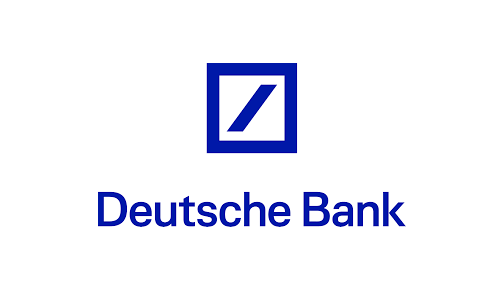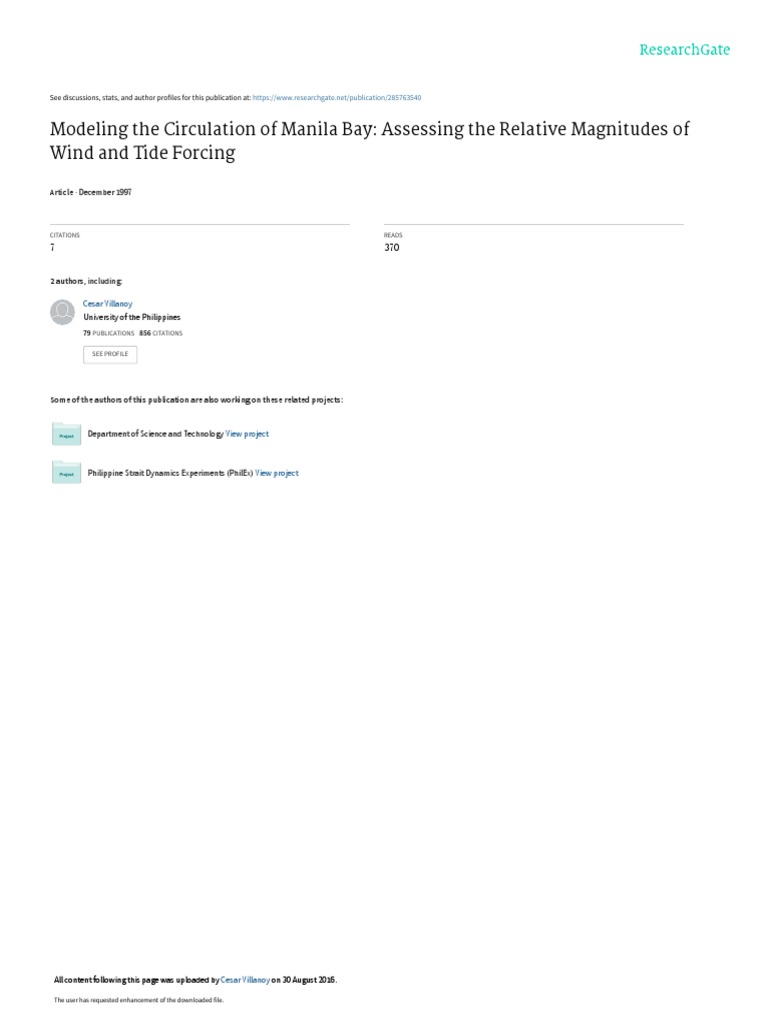Data Center Security Breach: Deutsche Bank Contractor And Unauthorized Access

Table of Contents
The Role of the Contractor in the Data Center Security Breach
The contractor in question held privileged access to Deutsche Bank's data center, presumably to perform maintenance or system upgrades. The exact nature of the unauthorized access remains unclear, though investigations suggest a potential combination of negligence and exploited vulnerabilities. While the specifics are still under wraps due to ongoing investigations, it's likely the contractor either intentionally or unintentionally bypassed critical security measures.
The vulnerabilities exploited may have included:
- Weak passwords: The contractor may have used easily guessable or reused passwords.
- Lack of multi-factor authentication (MFA): The absence of MFA allowed unauthorized access even if credentials were compromised.
- Insufficient access controls: Overly permissive access rights granted to the contractor may have facilitated the breach.
- Unpatched software: Outdated software with known vulnerabilities could have been exploited.
Specific examples of bypassed protocols might involve the circumvention of firewalls, intrusion detection systems, or other access control mechanisms. The types of data potentially accessed could range from sensitive customer data and financial records to internal documents and proprietary information. The contractor's background check and employment history are also under scrutiny, raising questions about the effectiveness of Deutsche Bank's vetting procedures.
The Extent of the Data Center Security Breach and its Impact
The precise amount of data accessed in this data center security breach is yet to be fully determined, but initial reports suggest a significant compromise. The impact on Deutsche Bank's customers is potentially severe, ranging from identity theft to financial losses. The reputational damage is substantial, eroding customer trust and damaging the bank's brand image.
The financial implications are equally significant:
- Fines and penalties: Regulatory bodies are likely to impose substantial fines for non-compliance with data protection regulations like GDPR and CCPA.
- Legal costs: Deutsche Bank faces potential lawsuits from affected customers and regulatory investigations.
- Remediation expenses: The cost of investigating the breach, restoring systems, and enhancing security measures will be considerable.
The long-term consequences could include stricter regulatory oversight, increased insurance premiums, and a diminished competitive advantage.
Deutsche Bank's Response to the Data Center Security Breach
Upon discovering the data center security breach, Deutsche Bank initiated an immediate investigation to contain the damage and identify the root cause. The bank also implemented several security enhancements, including:
- Enhanced security protocols: Strengthened authentication mechanisms, improved access controls, and enhanced monitoring systems.
- Improved employee training: More rigorous security awareness training for all employees, including contractors.
- Vulnerability assessments: Regular security audits and penetration testing to identify and address vulnerabilities proactively.
- Zero-trust architecture: Implementing a zero-trust security model to limit access based on least privilege.
Deutsche Bank has communicated with affected customers and regulatory bodies, albeit with limited details disclosed publicly due to ongoing investigations. Internal investigations are underway to determine accountability and identify shortcomings in security processes. External audits may also be conducted to ensure thoroughness and transparency.
Lessons Learned and Best Practices for Data Center Security
The Deutsche Bank incident offers several critical lessons for organizations worldwide:
- Robust security protocols: Implementing multi-layered security measures, including strong authentication, authorization, encryption, and regular security assessments, is paramount.
- Thorough contractor vetting: Rigorous background checks, security training, and strict access control policies are essential for managing contractor access.
- Employee training: Regular security awareness training should be mandatory for all employees, emphasizing the importance of data protection and secure practices.
- Incident response planning: A well-defined incident response plan is crucial for minimizing the impact of a security breach.
Best practices include:
- Strong authentication and authorization: Implement strong passwords, MFA, and role-based access control.
- Regular security assessments: Conduct penetration testing and vulnerability scans regularly.
- Robust incident response plan: Develop and regularly test a comprehensive incident response plan.
- Data loss prevention (DLP): Implement DLP solutions to prevent sensitive data from leaving the network.
- Data encryption: Encrypt data both at rest and in transit.
Conclusion: Protecting Your Data Center from Unauthorized Access
The Deutsche Bank data center security breach serves as a cautionary tale, highlighting the significant risks associated with inadequate security measures, especially regarding contractor access. The potential consequences—financial losses, reputational damage, and legal repercussions—cannot be overstated. Proactive security measures, including rigorous vetting processes for contractors, robust authentication, and regular security audits, are crucial for preventing similar breaches. Strengthen your data center security today. Contact us to learn more about our comprehensive data center security solutions and prevent a data center security breach.

Featured Posts
-
 Ekstrennoe Soobschenie Mada Ekstremalnaya Pogoda V Izraile I Mery Predostorozhnosti
May 30, 2025
Ekstrennoe Soobschenie Mada Ekstremalnaya Pogoda V Izraile I Mery Predostorozhnosti
May 30, 2025 -
 Manila Bay Assessing The Longevity Of Its Recent Transformation
May 30, 2025
Manila Bay Assessing The Longevity Of Its Recent Transformation
May 30, 2025 -
 Bts Summer 2024 New Album Confirmed Exclusive Report
May 30, 2025
Bts Summer 2024 New Album Confirmed Exclusive Report
May 30, 2025 -
 Guillermo Del Toros Frankenstein A Confusing New Tease And Its Surprising Theme
May 30, 2025
Guillermo Del Toros Frankenstein A Confusing New Tease And Its Surprising Theme
May 30, 2025 -
 Spesifikasi Dan Harga Kawasaki W175 Cafe Retro Klasik Yang Stylish
May 30, 2025
Spesifikasi Dan Harga Kawasaki W175 Cafe Retro Klasik Yang Stylish
May 30, 2025
